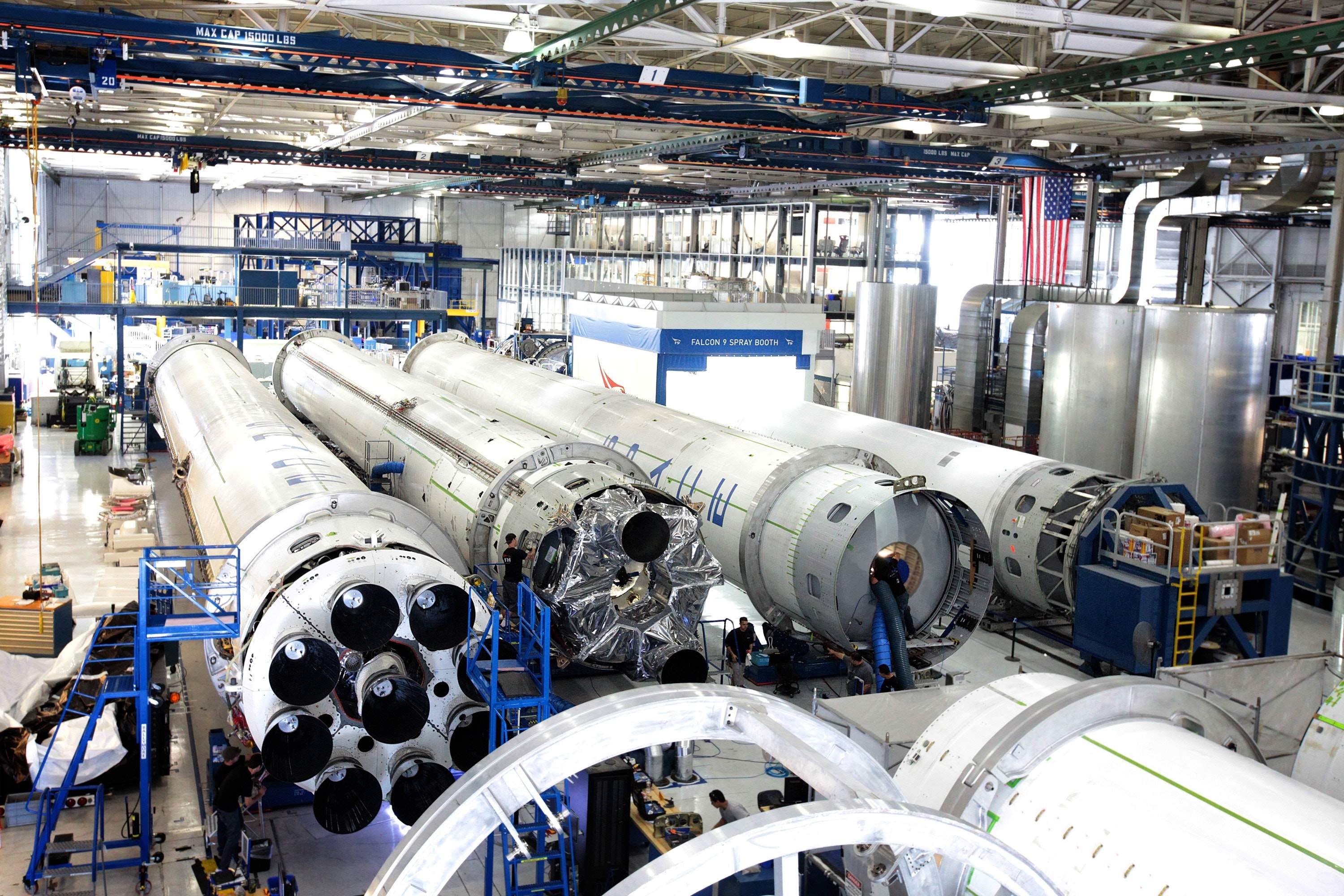Business and Energy Secretary Greg Clark announced a commitment to reduce public sector greenhouse gas emissions by 43% public sector greenhouse gas emissions by 2019/20 when compared to 2009/10 levels - potentially saving £340m

New technologies are being sought to reduce public sector greenhouse gas emissions
New targets to reduce public sector greenhouse gas emissions were announced today in a bid to save up to £340m.
Business and Energy Secretary Greg Clark outlined how the UK Government will deliver the first “mission” of the Industrial Strategy’s Clean Growth Grand Challenge to halve the energy use of new buildings by 2030.
At a speech in Newcastle celebrating the Northern Powerhouse devolution initiative, he announced that central government will work towards a more stretching target with a reduction of 43% public sector greenhouse gas emissions by 2019/20 when compared to 2009/10 levels.
He said this would potentially deliver £340m in savings.
The wider public and higher education sectors will receive guidance on how to achieve the targets.
Reducing public sector greenhouse gas emissions has wider impact
Mr Clark said: “Our new, ambitious target for reducing emission across our central estate shows how this government is continuing to lead the world and rise to the challenge of tackling climate change.
“We have made significant progress so far, meeting our previous target three years early and saving just over £100 million last financial year as a result.
“The potential savings from this can make a big difference across the wider public sector, with the NHS saving £2 billion over the last decade – money that can be put straight back into frontline services where it’s needed most.”
To help revolutionise how homes and businesses are heated, the Mr Clark unveiled an £18m industrial heat recovery support programme, and will invite applications from businesses in the autumn.
This is intended to encourage industry to invest in heat recovery technologies, harnessing the power of heat that would otherwise go to waste, to help improve the efficiency of industry and reduce costs.
Mr Clark, who also launched a construction sector deal on the same day to innovate the industry with smart technology, added: “Of the more than $11 trillion investment expected in global power in the next three decades, 86% is expected to be in low carbon.
“And by 2040, electric vehicles could make up over half of global car sales, compared to 1% today.
“We will be working with businesses to highlight these opportunities during the first ever annual Green GB Week, starting on 15 October.”
The Industrial Strategy sets out four “grand challenges” at the forefront of future industries, ensuring that the UK takes advantage of major global changes, improving people’s lives and the country’s productivity.
They are atificial Intelligence and data, ageing society, clean growth and future of mobility.


